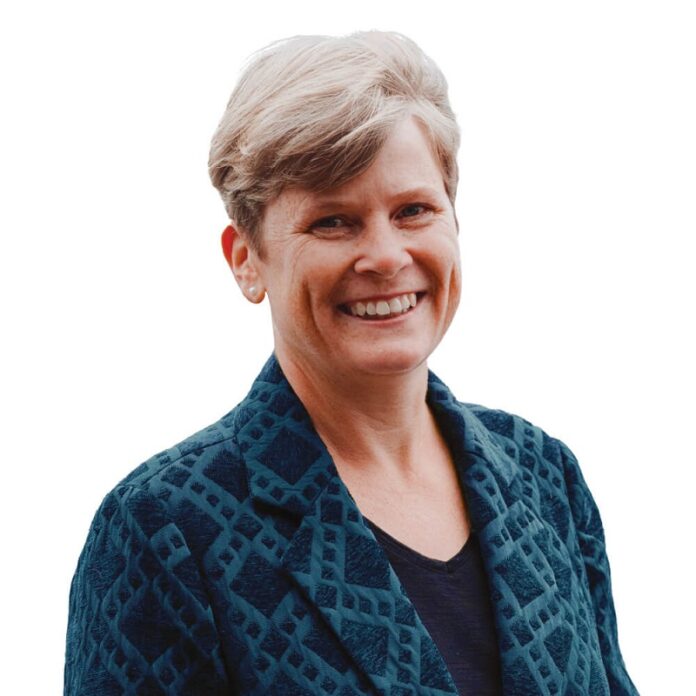There were approximately 5,000 public charging stations in B.C. at the end of 2023
BRITISH Columbia’s electric highway will get a supercharge this year with $30 million from Budget 2024 to add more than 500 public charging stations to more than 5,000 already available across the province.
“Making the switch to an electric vehicle (EV) means less pollution, cleaner and healthy communities, and savings on fuel costs. We know that British Columbians want to have confidence they will be able to charge up easily when travelling across the province,” said Josie Osborne, Minister of Energy, Mines and Low Carbon Innovation, on Wednesday. “That’s why we are working with BC Hydro and other partners to expand B.C.’s public charging infrastructure and build an economy powered by clean, affordable electricity.”
In order to ensure that every community in B.C. has access to a fast-charging station, the CleanBC Go Electric Public Charger Program is prioritizing applications for projects that fill geographic gaps in B.C.’s charging network, that are located in rural, northern and First Nation communities, or that are located in urban areas with high EV uptake. The program will also prioritize applications for locations highly accessible to the public, including community and recreation centres, libraries, highway rest stops and park-and-ride stations.
“Transportation accounts for 40% of B.C.’s emissions. That’s why it’s so important that we make it easier and affordable for people to drive zero-emission vehicles,” said George Heyman, Minister of Environment and Climate Change Strategy. “In addition to rebates, we’re investing in the charging infrastructure people and businesses need to switch to low-carbon and more affordable travel options, as we work to build a clean and sustainable future for all British Columbians.”
The program provides as much as 50% of the cost of equipment and installation, and a maximum of $80,000 per fast-charging station for communities and companies in B.C. Increased rebates up to 90% of projects costs to a maximum of $130,000 per station are also available for Indigenous-owned fast-charging stations.
B.C. has one of the largest public charging networks in Canada. At the end of 2023, there were approximately 5,000 public charging stations in B.C., an increase from approximately 1,500 stations in 2018. The Province is on track to complete B.C.’s electric highway in summer 2024 with coverage along all highways and major roads and also working toward an overall target of 10,000 public charging stations by 2030.
CleanBC’s Go Electric EV Charger Rebate program offers rebates for as much as $2,000 per charger (as much as 50% of costs) toward the cost of buying and installing eligible EV charging stations for multi-unit residential buildings (condominiums and apartments) and workplaces.
British Columbians are already adopting EVs at high rates across all regions of the province. The Province’s suite of Go Electric programs are exceeding original targets and B.C. has the highest rate of EV adoption in the country. In 2023, approximately 23% of light-duty vehicle sales were EVs, an increase from 18% of sales in 2022.
Blair Qualey, president and CEO, New Car Dealers Association of British Columbia, said: “New Car Dealers and the provincial government have forged a partnership in the truest sense, with British Columbia continuing to hold a leadership position in Canada with respect to zero-emission vehicles (ZEV) sales on a per-capita basis. Two critical elements are point-of-sale rebates that make ZEVs more affordable and ongoing investments in fast-charging infrastructure to keep pace with demand, today and moving forward. Fuelling this positive trend is good for the sector and the economy, and helps create a cleaner, greener future.”
Ron Burton, board member, Vancouver Electric Vehicle Association, said: “This $30-million investment will contribute significantly to the continued adoption of EVs in B.C. Availability of charging is a familiar question we hear raised when people are considering buying an electric vehicle. Making EV charging more available, accessible and reliable are critical steps in supporting EV adoption and furthering our Clean BC goals of reducing greenhouse gas emissions through electrification of transportation.”
Chris O’Reily, CEO of BC Hydro, said: “It is an exciting time for both the energy and auto industries, as the role of clean and renewable electricity continues to grow when it comes to powering transportation. With up to 900,000 EVs expected on B.C. roads in the next decade, BC Hydro has been preparing for this by ensuring we have the power to meet the demand and the infrastructure in place to support the growing number of EVs, which was highlighted in our recently updated $36-billion 10-Year Capital Plan. We are also focused on continuing to build our public EV charging network and we are introducing optional time-of-use rates to make it easier for customers to charge overnight at home.”
Quick Facts:
* Although EVs have higher purchase costs, they have lower operating and maintenance costs, which save British Columbians money over the lifetime of the vehicle.
* EV owners see immediate savings on fuel costs of approximately $1,800 every year for the average B.C. driver.
* Every EV on the road means a reduction in pollution, resulting in cleaner air, cleaner water and quieter streets.
Learn More:
To read about the CleanBC Public Charger Program for individuals and businesses, visit: https://pluginbc.ca/
To keep up to date with Canadian EV trends and information, visit: https://www.spglobal.com/










